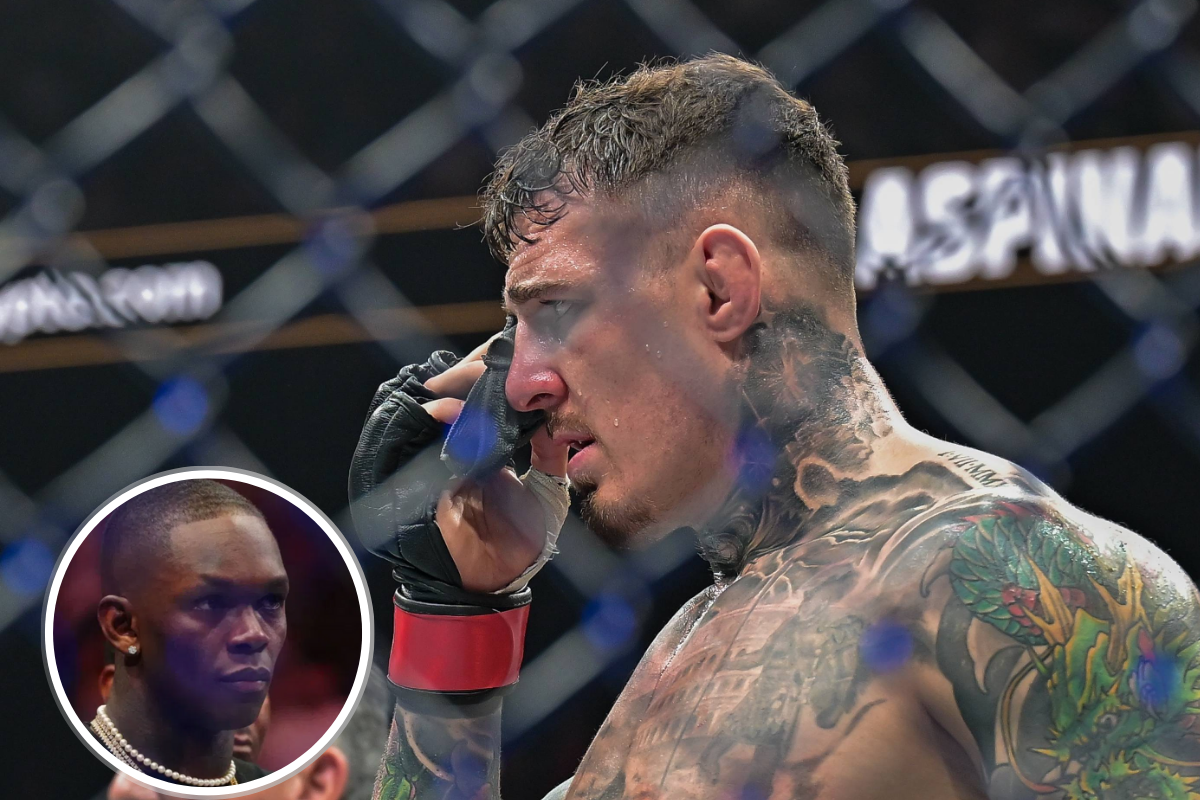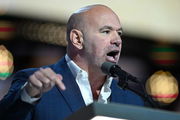
Imago
Credits: IMAGO

Imago
Credits: IMAGO
It was supposed to be a celebration, a long-awaited boxing match between two MMA legends under the bright lights of Anaheim. However, a year after Nate Diaz‘s majority decision victory over Jorge Masvidal, the event that sold out the Honda Center has turned into a financial drama.
Watch What’s Trending Now!
Instead of post-fight bonuses and victory laps, both fighters are now collecting court judgments against the event’s promoter, Fanmio, Inc., whose promises of big fight purses and streaming glory have resulted in lawsuits, arbitration, and a whopping $11.3 million in legal losses.
ADVERTISEMENT
Nate Diaz and Jorge Masvidal to get massive compensation
The July 6, 2024, fight between Nate Diaz and Jorge Masvidal was advertised as the ultimate crossover event, with two MMA icons meeting in a boxing ring for a sold-out, star-studded night streamed globally via the new platform Fanmio. Diaz walked away with a majority-decision victory, but behind the spectacle was a business deal that quickly unraveled. Nate Diaz’s complaint, filed shortly after the fight, accused Fanmio and its owner, Solomon Engel, of “outright fraud.”
According to the complaint, ‘The Stockton Slugger’ was promised $10 million, $1 million up front and $9 million after the event, but was never paid the full amount. Ronnie Bitman and Jeremiah Reynolds, the boxer’s attorneys, harshly criticized Fanmio’s actions, stating, “There is nothing lower or more despicable in the world of boxing than a boxing promoter who allows a fighter to put their health and safety on the line…only to later renege on paying the boxer.”
Top Stories
“R.I.P.”: Prayers Pour In for Olympian Boxer Who Passed Away After 10 Years of Physical Impairment

Dana White Swallows Bitter Pill After Zuffa Boxing’s Title-Less Event Fails to “Thrill” Him

“I Have Kids, Man”: Zuffa Boxing Fighter Begs Dana White for More Money After Debut Win

Eddie Hearn Warns Dana White of UFC Fighter Revolt as Justin Gaethje’s Pay Comments Hit Zuffa Boxing

Your Excitement for Gervonta Davis’ Next Fight Will Be Shattered After Sparring Partner’s One-Line Confession

View this post on Instagram
ADVERTISEMENT
Jorge Masvidal, who had fought under a separate arrangement, filed his own complaint in Florida state court. Fanmio never responded; therefore, the judge issued a default judgment in Masvidal’s favor for $5,315,268.64 with interest. Nate Diaz’s case, meanwhile, was referred to private arbitration by a federal court in August 2024.
Months later, the arbitrator ruled decisively in Diaz’s favor, awarding him $6 million from Fanmio, $500,000 from Engel, and $348,000 in attorney expenses, totaling $6.85 million. With Masvidal’s victory in Florida, Fanmio’s liabilities now surpass $11.3 million. For a corporation that promised to disrupt combat sports promotion, the end result is surely disastrous. But what are their claims over the matter?
ADVERTISEMENT
Fanmio’s defense and the counterattack
Fanmio and Solomon Engel’s counterattack was based on two arguments: first, Nate Diaz failed to meet his promotional responsibilities, and second, any disagreements should be settled through private arbitration rather than public court. In their filings, Fanmio alleged Nate Diaz had “repeatedly defaulted under the relevant agreements and failed to provide the marketing services as required.”
They claimed that his $9 million post-fight bonus was dependent on promotional performance, suggesting that he hadn’t done enough interviews, press appearances, or social media activity to earn the whole amount. Diaz’s legal team flatly refuted that narrative, providing evidence of six press conferences, several podcast appearances, and a steady stream of online promotion. They insisted that Fanmio’s claims were a post-fight justification for withholding payment.
ADVERTISEMENT
The company’s second move, pushing the case into arbitration, succeeded in keeping the conflict out of the public spotlight. Fanmio requested that all disputes related to the agreements be determined by an arbitrator rather than the court, which the federal judge agreed to. The dispute disappeared behind closed doors in August 2024, with procedures remaining confidential until the arbitrator’s decision came down decisively in Nate Diaz’s favor.
Fanmio’s future looks bleak, now that ‘The Stockton Slugger’ and Jorge Masvidal have both received multimillion-dollar awards. Once billed as a disruptor in the world of celebrity boxing, the company has become synonymous with broken promises, a promoter whose biggest news isn’t a knockout win but an $11.3 million legal defeat.
ADVERTISEMENT
ADVERTISEMENT
ADVERTISEMENT